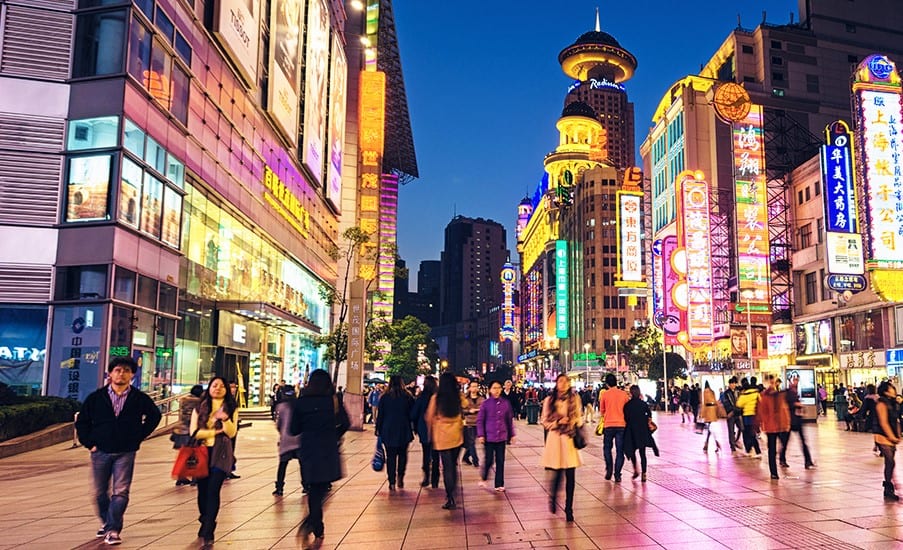
With 78 percent of affluent Chinese consumers purchasing high-end goods on mobile devices, luxury marketers must amplify their online efforts to further facilitate mobile conversions, according to a new report from Emerging Insider.
Emerging Insider’s “The Purchasing Habits of China’s Affluent Population” report found that as consumers’ comfort with mobile commerce has grown, digital marketing has become influential in the path to purchase and is likely to gain momentum. Of the affluent Chinese surveyed, Emerging Insider found that 22 percent said seeing an advertisement led to making a purchase, while 36 percent saw an item of interest via a social media influencer.
Emerging Insider surveyed 700 affluent Chinese consumers with a household income greater than 600,000 RMB, or about US$87,000 at current exchange, for its report.
A matter of status
Per the report, 65 percent of affluent consumers in China rarely make a purchase in-store without reviewing a product online before a physical visit. Mobile use in China has enabled this behavior.
“A massive population with a high proportion of millennial and Gen Z inhabitants, coupled with a rise in the number of middle class households, drove the market to embrace mobile rapidly,” Weiner said. “As this was developing, the retail sector in China was at a weak point, which meant that mobile commerce opened doors to goods that could not be found in brick and mortar stores.
“Rampant social media usage and early adoption of e-commerce/social platforms such as Baidu, Alibaba, and Tencent also played a role in shifting behaviors toward a mobile-first ecosystem.”
The practice of conducting online research prior to visiting a retail location has been steadily growing for a number of years and has redefined the role of storefronts. This online research behavior has also lent itself to the Chinese consumers’ preference of traveling abroad to make high-end purchases.
Though pricing and duty tax is a consideration, making a purchase abroad elevates personal status and many Chinese consumers feel that outward appearance and individual sense of style is a reflection of one’s station in life.
Also, Emerging Insider’s survey found that although Chinese consumers feel “Made in China” clothing may fit better, those produced in France, Italy, or the United States look better. Seventy-six percent of respondents prefer foreign brands to those with a Made in China label and 36 percent felt that goods made elsewhere are a “matter of status” not applicable to local items.
Choice is also a driver of affluent Chinese buying abroad, a quarter of respondents feel that there is a greater selection outside of China, and 20 percent believe those goods are of better quality.
Advertising also comes into play in terms of Chinese consumers’ sense of style. Twenty percent of respondents have become privy to new trends via advertisements, but 24 percent and 26 percent were inspired by social media or peers, respectively.
Increasingly, China has seen a rise of individualism with 61 percent of respondents preferring distinct goods from boutique labels instead of the wares of well-known brands. Making limited-edition products available in select markets is one tactic luxury brands can leverage to speak to Chinese consumers’ interest in buying high-end goods abroad and their growing preference of unique personal items.

